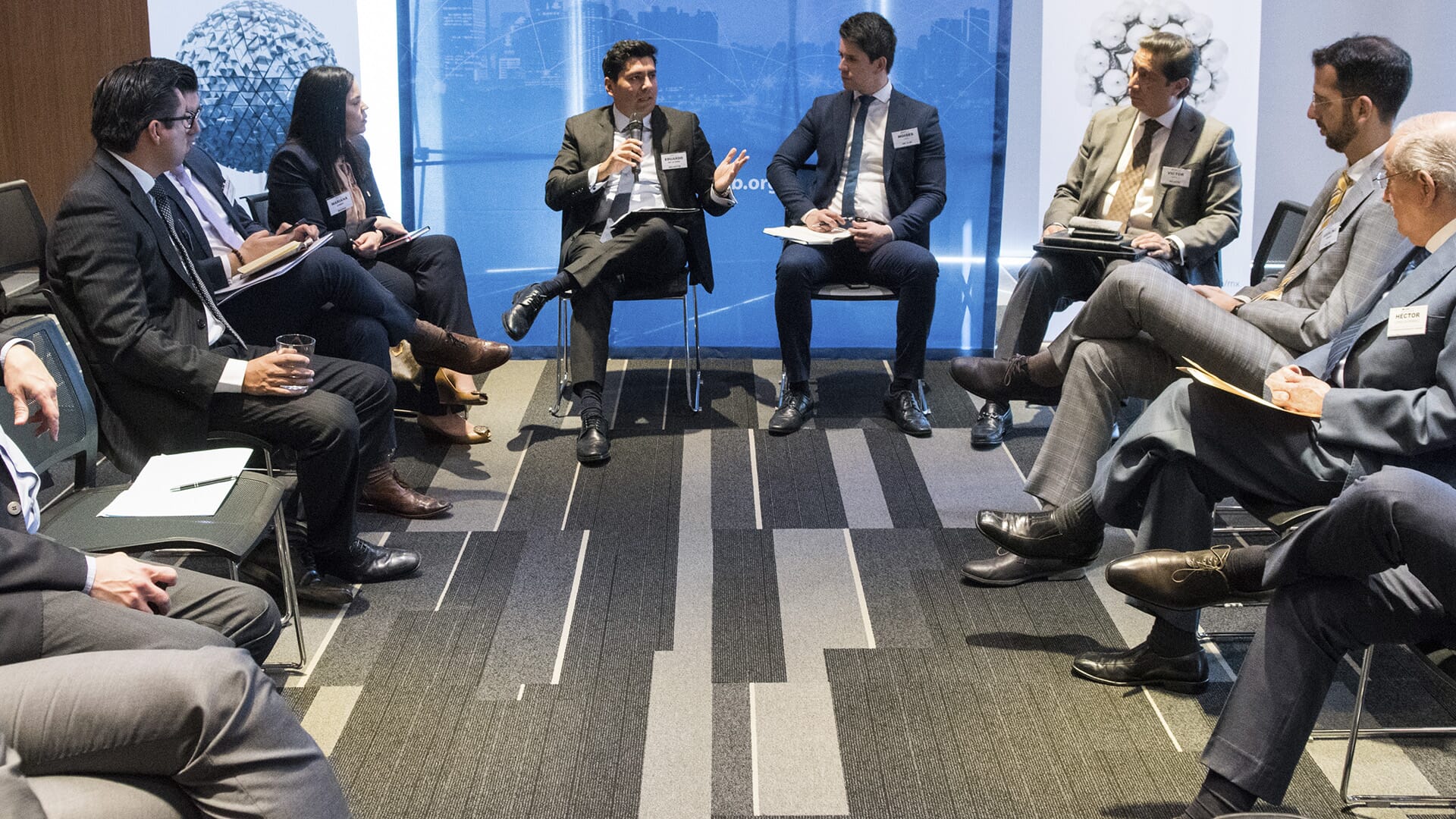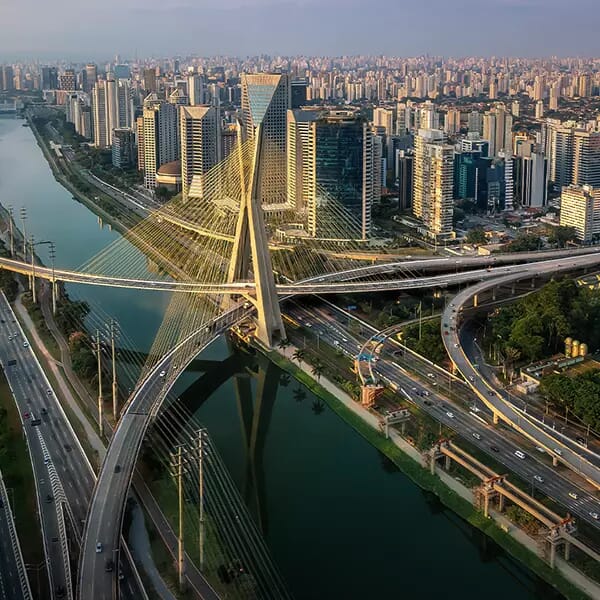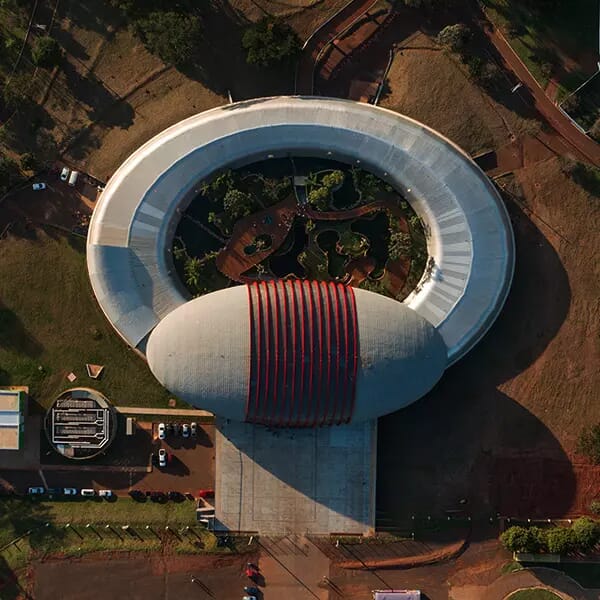 Gonzalo Rocha
Gonzalo RochaGRI Club Infra analyzes transport projects in Mexico
The plan for the Maya Train and other issues were analyzed in the presence of federal government representatives.
On April 9, GRI Club Infra members in Mexico met with federal government officials to meet and discuss priority projects in the country’s transport sector, especially the Maya Train, the Trans-Isthmian Corridor development, and the port sector, which need private participation through Public-Private Partnerships (PPPs).
With a focus on the productive, economic, and social development of the areas where these projects will be executed, Héctor López Gutiérrez, the general coordinator of Ports and Merchant Navy of the Mexican Ministry of Communications and Transportation (SCT, the acronym in Spanish), Alejandro Varela, the legal director of the National Fund for Tourism Development (Fonatur), Aldo Silva, the director-general for planning of Special Economic Zones (ZEE, in Spanish), and Mauricio Quiroga, deputy director-general for PPPs of the Investment division (Unidad de Inversiones, in Spanish) of the Ministry of Finance and Public Credit (SHCP), shared information related to the risk management of these initiatives, the expected deadlines for bidding, and the private investment participation model.
The meeting, held at the Deloitte office in Mexico City, was moderated by Eduardo de la Peña, an Infrastructure partner of the consultancy firm, and was attended by infrastructure industry executives, such as Aquilino Espejo (Sacyr), José María Zertuche (BlackRock Real Assets), Andrés García Novel (IFC), Luis de la Peña (ROADIS), Mario Gabriel Budebo (MIP - EXI CKD), Federico Fiscal (Banco Sabadell), and José Martínez Vertiz (UBS).
The Maya Train Project
At the beginning of the meeting, the representative of Fonatur, the entity in charge of developing of the Maya Train project – proposed by the Andrés Manuel López Obrador (AMLO) administration for a cost estimated at $6 billion to $8 billion – remarked on social, environmental, and legal topics the Mexican government is seeking to solve before qualification and re-qualification bidding for the project’s rail routes begins.
Varela also pointed out that the first three blocks of the rail project, of a total of seven, are expected to be tendered in October 2019, and that the Mérida-Cancún stretch is a priority.
Social and regional development policies were at the center of the discussion. In this way, the Maya Train, in addition to tourist and passenger transportation, is expected to make a natural migration to cargo transportation, aiming at driving the growth of southern Mexico.
Development of the port sector
Héctor López Gutiérrez then shared his thoughts on the country’s fourth port transformation and on the promotion of merchant shipping, especially through the development of industrial parks and agreements with state governments aiming to increase social and economic development in each region, involving communities, industries, and universities in this process.
Among the main projects, he highlighted funding, with resources from SHCP, for the Salina Cruz oil port; the bidding for the Coatzacoalcos container terminal and discussed the studies for the port of Manzanillo, which are expected to get underway shortly.
In tune with this, Silva, representing the Federal Authority for the Development of the Special Economic Zones, highlighted the view about the planning and efforts that have already been made, in addition to the private investment that is necessary. The main axis for economic dynamics is the local inter-oceanic corridor – Corredor Multimodal Interoceánico, as it is called in Spanish –, the main infrastructure works for which include the modernization of the Istmo de Tehuantepec railroad, the Coatzacoalcos and Salina Cruz ports, as well as the strengthening of the road infrastructure, the construction of a pipeline, and the installation of fiber optic cables to connect the region.
Infra Latin America GRI 2019

Members of GRI Club Infra in Mexico are now preparing for the club’s main conference in Latin America, Infra Latin America GRI 2019, which is scheduled for May 16 and 17, and for Infra Mexico GRI, scheduled for September 25 and 26, where they will meet with different government representatives to discuss their planning and strategies in the transportation and energy infrastructure sectors.



